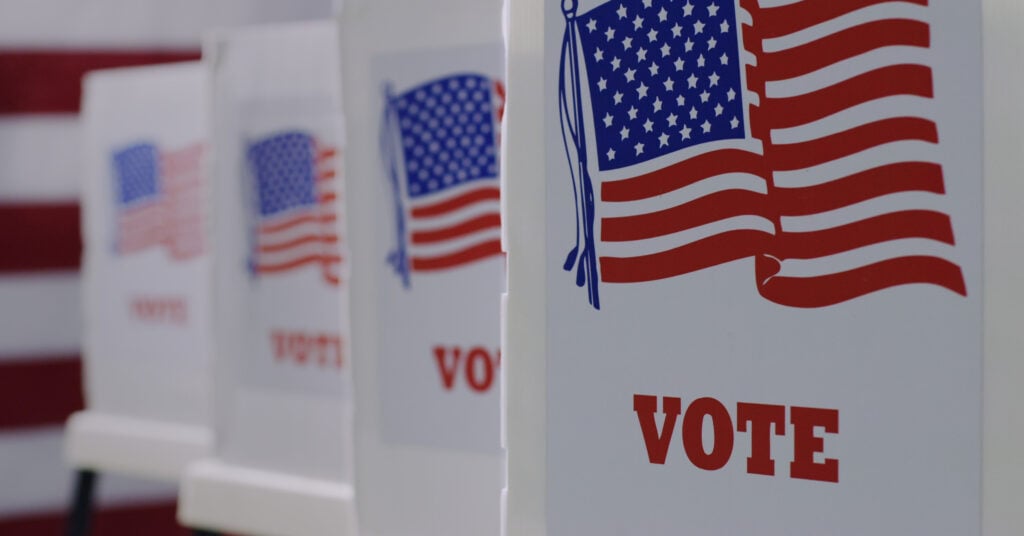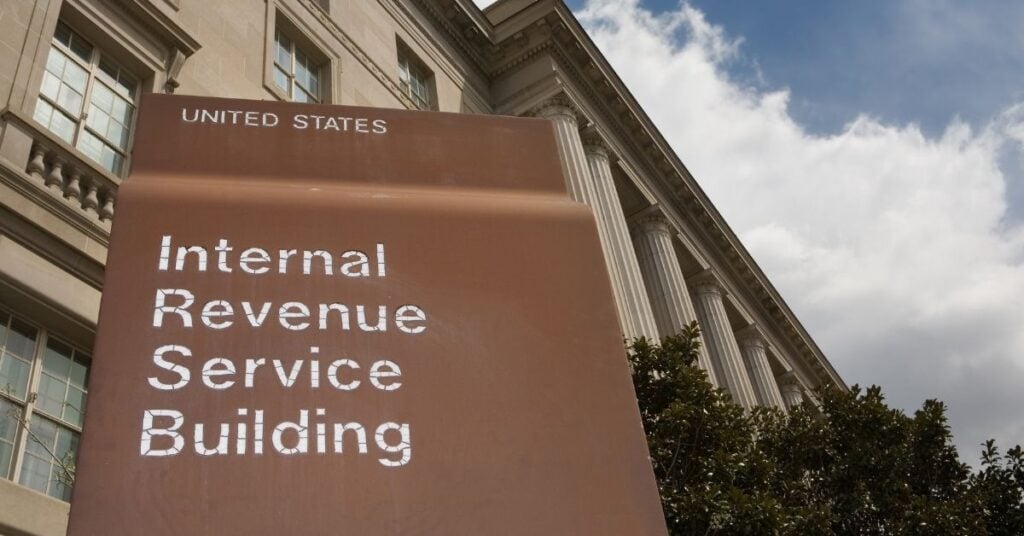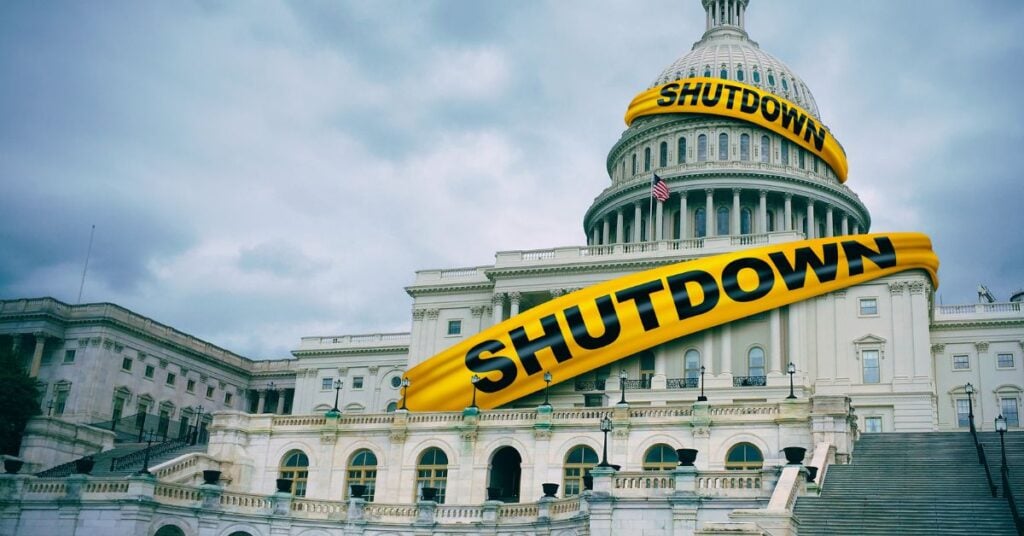
Recent Work by ITEP
2023’s State and Local Tax Ballot Measures: Voters to Weigh in on Property Taxes, Wealth Taxes, and More
October 24, 2023 • By Jon Whiten

Even in this slow year for candidate elections, the decisions that voters in states and cities make could strengthen or weaken revenue for needs in their communities and could change how taxes are distributed across the income spectrum. In the places where tax fairness is on the ballot, much is at stake.
Eliminating Indiana’s Income Tax Would Jeopardize Public Services & Create a Windfall for the Well-Off
October 19, 2023 • By Neva Butkus
Meaningful investments in Indiana’s future require a smart, and fair, tax code that recognizes current economic realities and can raise a sustainable stream of funding from those most able to pay.
Large and Growing Tax Gap Underscores the Need to Adequately Fund the IRS
October 17, 2023 • By Jon Whiten

New figures released show the difference between what Americans paid and owed in taxes grew to $688 billion in 2021, a significant jump from previous estimates. This new data underscores that last year’s boost to IRS funding under the Inflation Reduction Act was absolutely necessary and should be protected by lawmakers.
The Moore Case Before the U.S. Supreme Court Could Widen the Racial Wealth Gap
October 17, 2023 • By Brakeyshia Samms, Moore v. United States

Moore v. United States, already a cause for concern for tax lawyers, could create more barriers for racial equity advocates working to reverse the economic plight of many households of color.
State Rundown 10/12: Tax Policy Debates Don’t Just Happen in the Statehouse
October 12, 2023 • By ITEP Staff

It may be the off-season for state legislatures, but tax policy changes could soon emerge from the ballot box or the courts. Advocates in Arkansas want voters to decide the future of taxing diapers and feminine hygiene products, and supporters of public education in Nebraska are working to make sure voters have a say on the state’s school choice tax credit. Meanwhile, cannabis firms in Missouri are suing the state over cities and counties stacking sales tax on marijuana.
The Campaign by Democratic Former Officials to Stop Taxes on the Wealthy
October 6, 2023 • By Steve Wamhoff

One of the most attention-grabbing anti-tax campaigns at work today is called SAFE, which stands for Saving America’s Family Enterprises. But it might as well mean Saving Aristocrats From Everything given the outfit’s knack for opposing any national proposal to limit special tax advantages that only the wealthy enjoy. The basic approach of SAFE is […]

Last year, Congress reversed decades of funding cuts to the IRS to help the agency improve taxpayer services and crack down on wealthy tax cheats through the Inflation Reduction Act. The IRS adopted their assignment, and this past tax filing season was a marked improvement from the year before – both for the agency and […]
State Rundown 9/27: Some States are Looking to Paint the Budgets Red
September 27, 2023 • By ITEP Staff

When it comes to investments, state lawmakers across the country are positioning their states to be in the red as they pass or debate further tax cuts that will overwhelmingly benefit the wealthy – and some states are now adding an additional coat of red paint...
Government Shutdown is Rooted in Hypocrisy, Dysfunction, and, As Always, Tax Cuts for the Rich
September 27, 2023 • By Joe Hughes

The priorities in this shutdown drama couldn’t be clearer. House Republicans once again threaten the financial security of the millions of Americans to exact cuts to programs like Head Start, the Social Security Administration, and the EPA – all while seeking unaffordable tax cuts for multinational corporations, the wealthy, and foreign investors.
Moore Case Could Enrich Tax-Avoiding Multinational Corporations – and the SCOTUS Justices Who Own Their Stock
September 27, 2023 • By Matthew Gardner

The Moore v. United States case that will soon be heard by the U.S. Supreme Court could jeopardize at least $270 billion if SCOTUS finds the entire transition tax to be unconstitutional. The decision could also invalidate other important parts of the current tax system while preempting progressive wealth tax proposals. Such an outcome would represent one of the costliest—and most ethically questionable - Supreme Court decisions in U.S. history.
